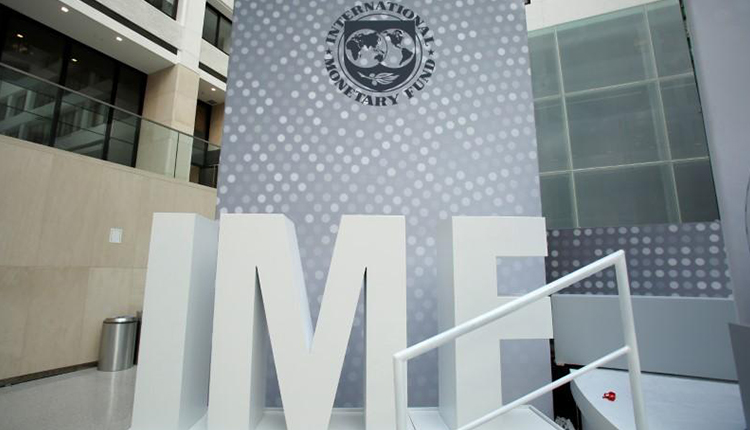Easing monetary policy has benefitted emerging markets, including Egypt, since the onset of the COVID-19 pandemic, and helped in the rebound that these markets witnessed in capital inflows and foreign exchange flows, said Fabio Natalucci, deputy director of the monetary and capital markets department of the International Monetary Fund (IMF).
Natalucci’s comments were in response to a question by Ahram Online about hot money inflows to emerging markets amid the pandemic and how these markets, including Egypt, can be affected if advanced economies tighten their financial condition amid the pandemic.
The IMF held the press conference on Wednesday to release the Global Financial Stability Update Report.
Tobias Adrian, the IMF’s financial counsellor and director of the monetary and capital markets department, said that emerging markets, including Egypt, need to be prepared for any likely volatility in capital inflows (hot money) that can take place at some point amid the pandemic and its associated uncertainty.
Accordingly, Adrian urged policymakers in emerging markets to continue their easing of monetary policy and financial conditions in order to bridge the social and economic gaps caused by the pandemic.
He added that the surge of COVID-19 infections and the associated public health restrictions imposed by governments since late 2020 may hurt economic activity in many countries.
“Yet, investors appear optimistic about growth prospects in 2021, confident that policymakers will backstop financial markets along the path to recovery,” said Adrian.
Adrian and Natalucci highlighted the global monetary policy in 2020 and its ability to contain the severe impacts of the pandemic, saying that banks entered the crisis with a lot of capital and liquidity.
They also urged banks to encourage borrowing for the good of economic activity and for recovery to be achieved in a healthy way.
In its Global Financial Stability Update Report, issued on Wednesday, the IMF expected emerging and frontier markets to experience large and persistent fiscal deficits in 2021, albeit to a smaller extent than in 2020, owing to the pandemic.
The report also said that in light of the World Health Organisation’s baseline scenario of continued easy financial conditions, emerging market financing will remain a significant source of funding, as it has been in recent months.


